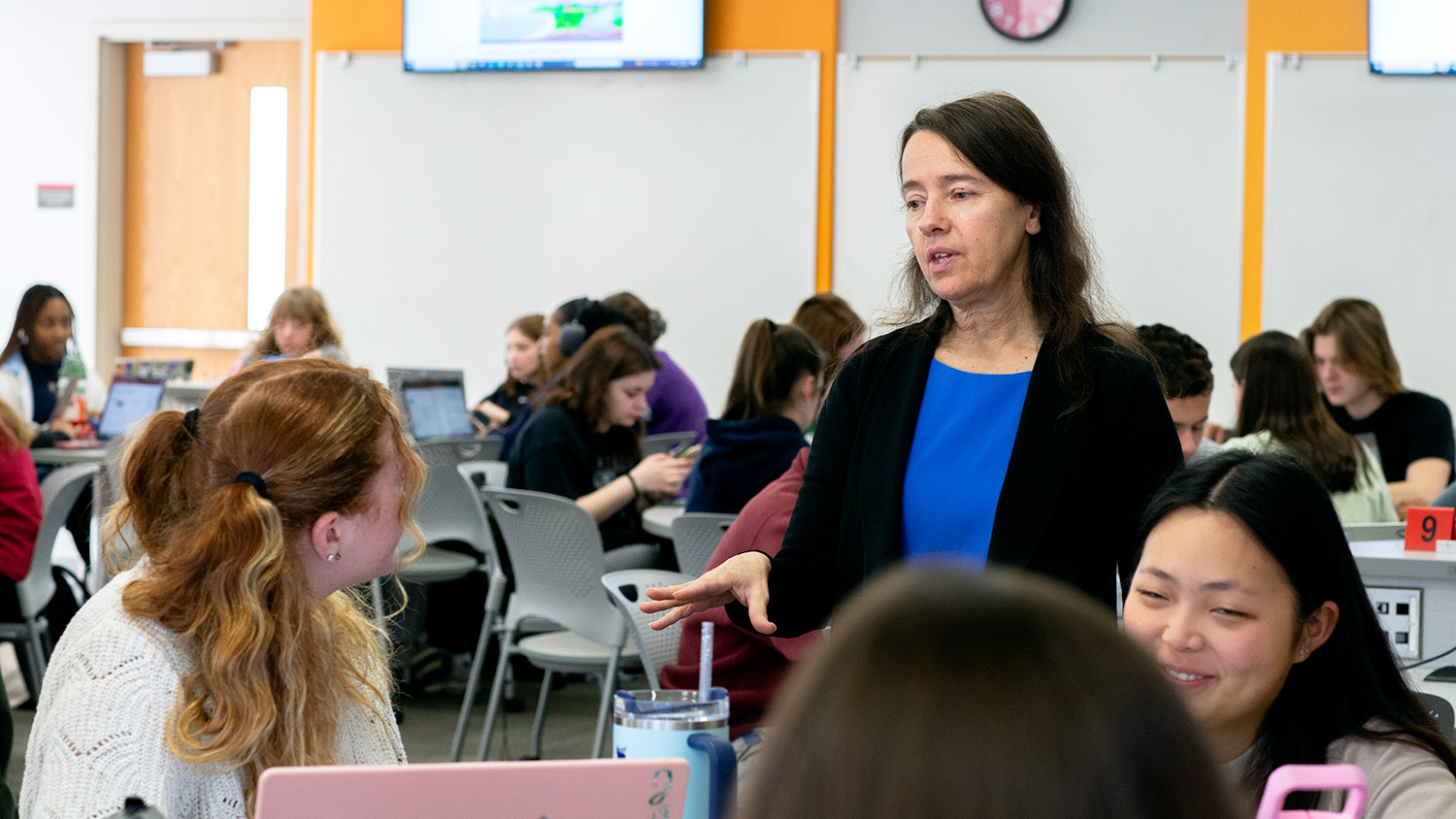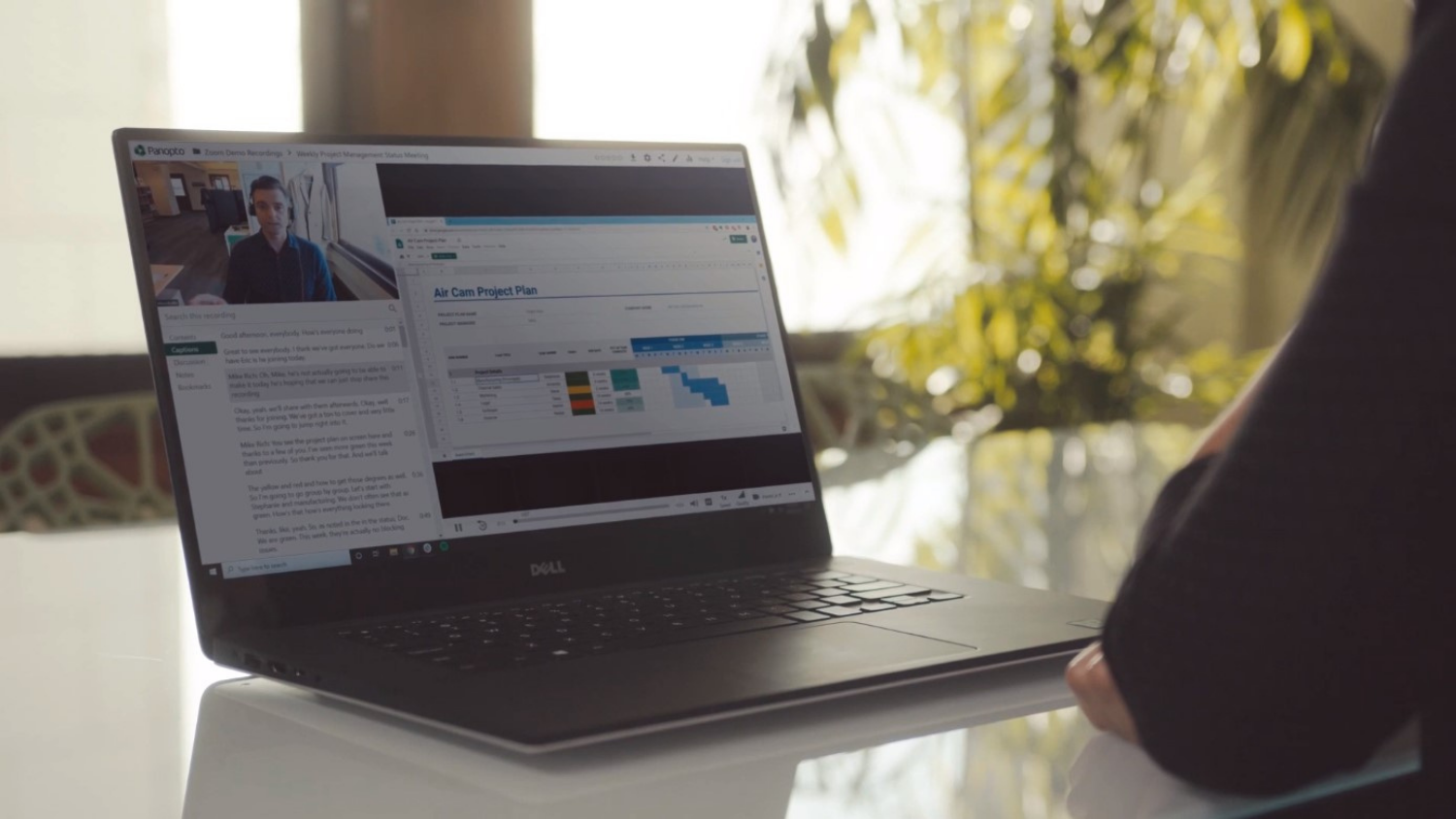Provide Free Customizable Textbooks with OER Grants

NC State faculty members work diligently to pair textbooks with their course offerings each semester to maximize student success and equity. Open Educational Resources (OERs) offer a great free option to assist with this process because they reside in the public domain where professors can adapt and redistribute them with no (or limited) restrictions.
NC State University Libraries was innovative with its usage of OERs by creating the Alt-Textbook Project in 2013. Then, in 2019, the Open Textbook Grant was established as a separate program that was administered by the Libraries, DELTA and Wolfpack Outfitters. And, in 2021, an all-encompassing version of the Alt-Textbook Project was created with the Open Textbook Grant still living on under this wider OER program.
The latter grant program has made a significant impact across campus. Since its implementation, it has helped to support 35 faculty members from 26 different courses in adopting OERs in place of traditional textbooks, saving their students money as well as time.
National Impact
Remarkably, this NC State program is also supporting students at other universities thanks to instructors like Teaching Professor Maria Gallardo-Williams. She is an Alt-Textbook Grant awardee who uses OER to deliver innovative teaching and learning experiences to the over 3,000 organic chemistry lab students each year at NC State and many more across the country.

“The OER that I use is homemade. With help from DELTA, I have created a free online Organic Chemistry I Lab course, which is currently being used by 49 other universities,” said Gallardo-Williams.
Gallardo-Williams uses her OER in her CH 221: Organic Chemistry I class because it is free and accessible to all of her students.
“Students can use their smartphones, which is a very important factor in a pandemic situation, to access class information. The OERs put my work directly into the hands of students without any markup from publishers,” added Gallardo-Williams.
Real Savings
Since fall of 2019, textbook costs have been removed for an estimated 9,330 NC State students. These savings can be critical in increasing student equity. Libraries Fellow David Tully works closely with NC State faculty partners and students who use OERs. He reported that, according to the Public Interest Research Groups (PIRG), an estimated 65 percent of students have skipped buying textbooks during their college careers due to costs.
“This program has gone a long way toward ensuring a more equitable learning environment, where all students have unrestricted day-one access to their textbooks, supporting them in their efforts to succeed in their classes. OER also helps level the playing field within classrooms, whereas otherwise there is an economic divide between those who can and cannot afford the textbooks,” stated Tully.
He went on to say that some key themes have emerged from the program. “From the student side of things, removing the barrier of textbook costs allows for money that may have previously been spent on textbooks to be redirected elsewhere to pay for basic needs such as food, housing and transportation. From faculty, we’ve heard appreciation for the Creative Commons licenses attached to OER which allows them freedoms otherwise not found in traditional copyright, such as the ability to remix and revise content to create customized learning materials which can be disseminated in ways that fit their needs as well as their students’ needs,” said Tully.
NC State was one of the early adopters of OERs and they broadened their commitment in 2019 with their Institutional Partnership with OpenStax, Rice University’s educational technology initiative, to mitigate financial stress for students burdened with purchasing textbooks. In the 2021-2022 academic year, the number of colleges and universities that have followed NC State’s leadership in partnering with OpenStax has grown to 70 in total.
Interested But Not Sure Where To Begin?
You are not in this alone! The library professionals and other faculty members can assist you in choosing the right OER for your course. There are several collections of OERs that are recommended by NC State including Open Textbook Library, OpenStax, BCCampus Open Textbooks Collection, Pressbooks Directory, OER Commons and Merlot II. Links to all these sites can be found on the Find and Evaluate Open Educational Resources page.
If you would like more information, please plan to visit the Open Cafe on Dec. 3 at 10 a.m. to learn more about the Libraries’ Alt-Textbook Project hosted by Libraries Fellow David Tully, Director of the Open Knowledge Center Will Cross, and Collection and Resource Librarian Hillary Fox. You can also learn from the Open Cafe’s featured speakers, Teaching Professor Maria Gallardo-Williams and Interim Senior Director of Digital Learning at DELTA Stacy Gant.
You can join the meeting via Zoom (link to the live session can be found on the Open Cafe page). If you’re unable to attend the live session, it will be recorded so you can watch it at your convenience. Please click here to notify the Open Cafe team of your interest.
Apply For An Open Textbook Grant
Faculty members interested in adopting open textbooks for one or more courses are welcomed to apply for an Open Textbook Grant at NC State. If you would like to be considered for a grant, apply using the online application form by Dec. 14, 2021.


